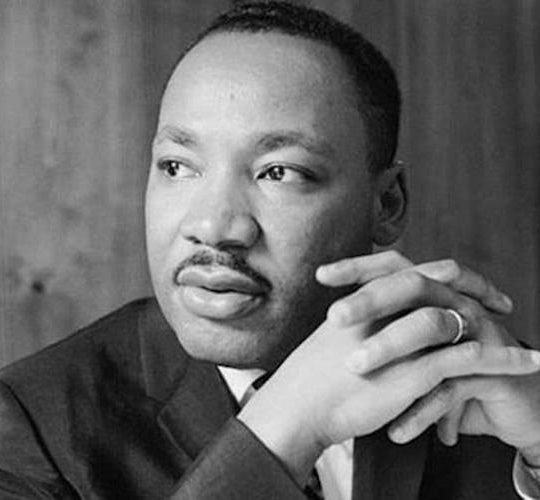I hope you’re all doing great! Today, I’m excited to chat about how to make our online community a truly Christ-centered and supportive space for our students. Here are some ways we can nurture our connections and grow together!
Let’s Embrace Love and Respect
One thing that’s super important in our faith is love. So, as we interact with our students, let’s ensure we show genuine care and respect. When they feel valued and heard, they’ll feel more comfortable opening up, leading to meaningful connections. When I have something critical to say to a student, I’ve started entering my response into ChatGPT and asking it to revise so the message is “firm but compassionate”. The ChatGPT response is usually much longer than my submitted response, but the wording is excellent! I tweak some of the phrases to make the message more personal (for example: “our institution” becomes “Belhaven”) and make other changes as appropriate, but I use most of what ChatGPT presents as my message. One big bonus to taking this extra step: I find the ChatGPT response filters out any emotion I might have put into my response (I know none of you ever get exasperated with your students and struggle with how NOT to let that show in your response) but relays the same message in a kinder, gentler way.
Support Each Other Through Prayer
Life can be tricky sometimes, and that’s why it’s essential to create a space for prayer in our virtual classroom. We can let our students share their prayer requests; as a community, we can pray for each other. It’s a beautiful way to show support and care for one another. In the “Course Resources” section of your course, there are “Prayer Request” and “Questions for the Professor” discussion options. Student submissions to these areas are not automatically triggered by your “To Do” notifications, so you must check them regularly to avoid overlooking a student needing help. But, if you habitually check regularly and respond to student concerns, word spreads rapidly among students in your class, and they start posting more frequently. As a bonus, you develop a cohort of loving, caring individuals who pray for each other and support each other through the rough patches.
Be All About Servant Leadership
Do you know what makes a real difference? Being a servant leader! Leading by example and showing our students how serving others is at the heart of our faith is an effective way to spread the message of love. When they see us putting others first, they’ll be inspired to do the same, creating a caring and supportive atmosphere. Offering grace whenever possible is also a visible testimony to servant leadership. While we must maintain the academic integrity of our courses, programs, and university, we must also support our students when they need exceptions. I know that many times I’ve had to swallow my feelings of “but this is a graduate program, and we shouldn’t need to . . .” when dealing with student issues or demands, sometimes exceptions are warranted. If you have a sticky issue with a student and don’t know what options you may have, please get in touch with me so we can discuss different ways to address the situation. Sometimes bending the rules is the right approach, but please work with me before you try to bend them too far!
Celebrate Together and Give Thanks
Whenever something extraordinary happens, let’s remember to give thanks and celebrate! We can acknowledge that our achievements result from God’s blessings. By sharing our joy and gratitude, we’ll strengthen the sense of community among us We can use this blog to celebrate together and give thanks. You can use the announcement section of your course to celebrate and give thanks for your students’ achievements and successes.
Disclaimer: I used ChatGPT to help identify potential topics for my blogs, including this one, but the thoughts and ideas expressed are mine. Upcoming potential topics, as identified by ChatGPT, include the following: enhancing online learning, improving course design, supporting diverse learnings, fostering academic integrity, leveraging student feedback, and sharing success stories.
If there are specific topics you would like me to address, please let me know in the comments section below. I look forward to seeing our online community flourish with our Christ-centered approaches. Together, we can create an environment where students learn, grow spiritually, and feel supported by their professors.
In Christ,
Cindy


